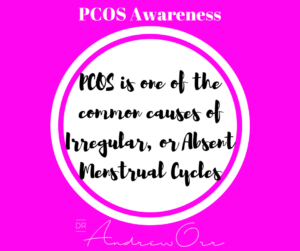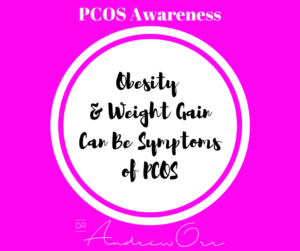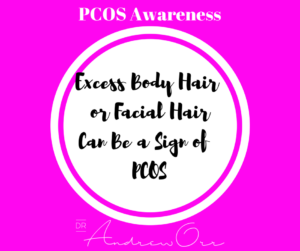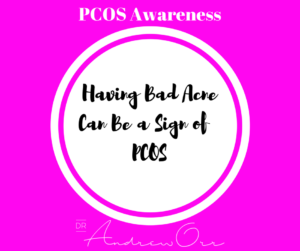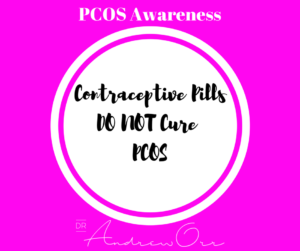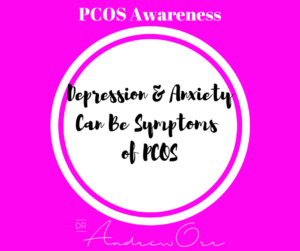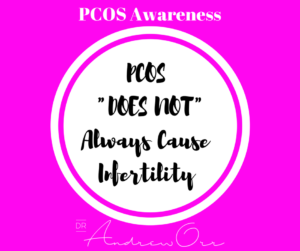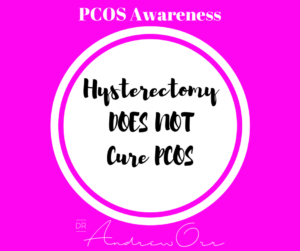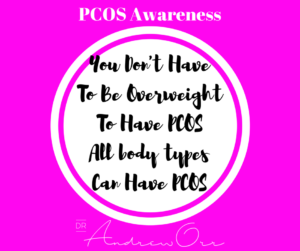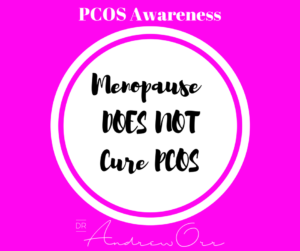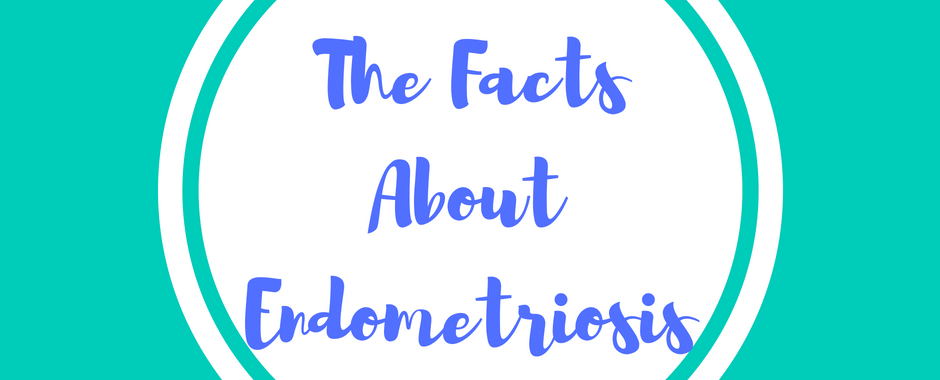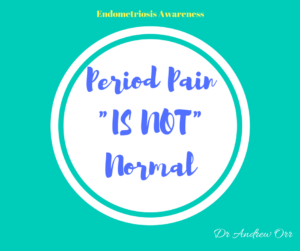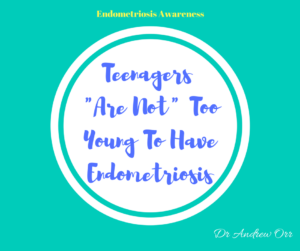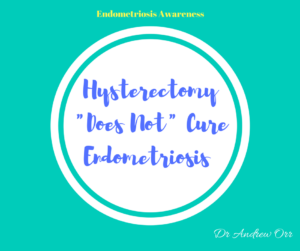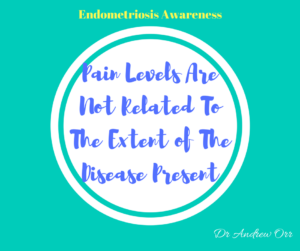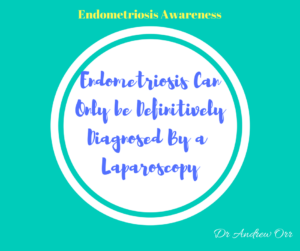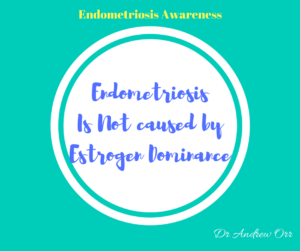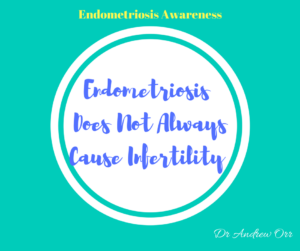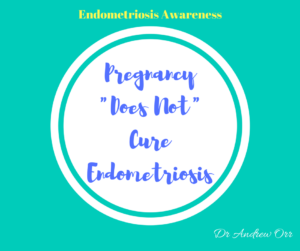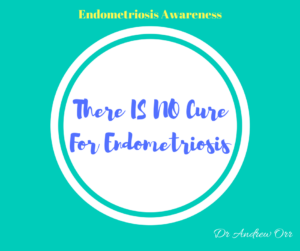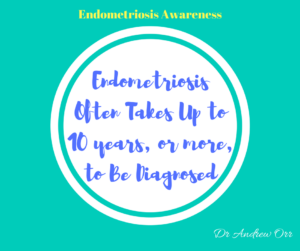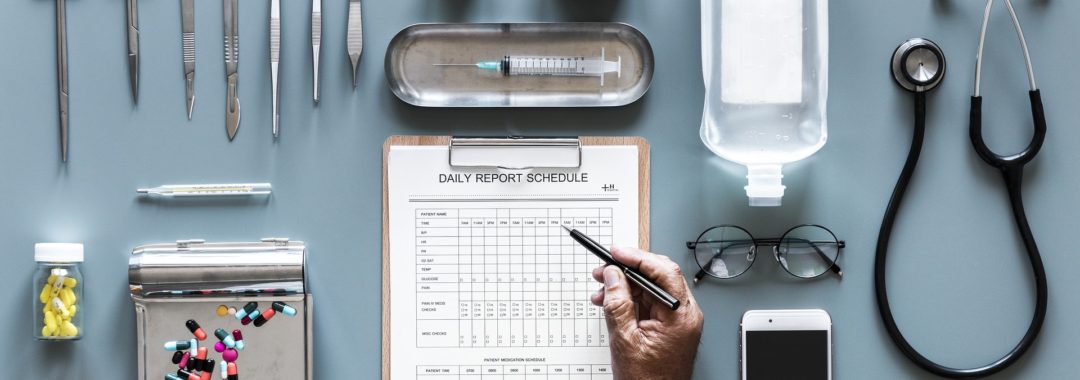I often myself “Are we really doing enough for women with Endometriosis?”
That is a hard question to answer in one way, but easy to answer in others. But, the bottom line is that we really aren’t doing enough for women with this terrible disease.
Now, before I continue and start with what I am about to stay and before anyone takes this the wrong way and gets upset (which isn’t my intent), let’s look at the positives around endometriosis.
There has been more awareness of the disease than ever before and awareness brings about change. But unfortunately that change can also be slow. But, it is a step forward in the right direction. At least there is now some government recognition is some countries like Australia. It is about time though and we need all countries to step up on this front. Governments also need to do more, including ours here.
Yes, we have surgical interventions, pain killers and hormones to help those who suffer the disease. All of these things, either in isolation, or in combination can help women with the disease. Some women even become asymptomatic (meaning no symptoms), after certain interventions, or a combination of all interventions combined. That is what we would like for all women with endometriosis.
Surgical intervention can control active lesions and the inflammation and symptoms they cause. Pain meds can help control pain, but after a while women will need stronger pain meds to control the pain. The body will get used to the level of pain meds and there are also high side effect profiles. Hormones such as progestins and GnRH agonists can help with the control of symptoms, help with pain and inflammation and also help with the suppression of microscopic and active lesions. But, again it isn’t enough.
We know that despite the current medical model of treatment that women are still being missed and dismissed, women are still in pain, women are still having numerous symptoms, women are having high levels of anxiety, basic bodily functions are being denied or hard to achieve, and women are being offered multiple surgeries, because that is all that the medical model can provide for them. That is the pinnacle and once that is reached, then this leaves very little options left.
Women are then offered radicle treatments and removal of body parts and that is not the answer to their often horrible daily journey either. Hysterectomy does not cure endometriosis, not at all. But it is still being offered as such by the ignorant, ego driven and uneducated out there still. Sure, it can stop you having a menstrual cycle. Sure it can help with symptoms associated with the menses.
The trouble is that many women that get relief from hysterectomy actually have adenomyosis as well, or in isolation (usually missed diagnosed or missed completely), which a hysterectomy will help, and these symptoms are then controlled permanently by this procedure. But, the problem then is that these women think that their endometriosis is gone and cured. Not so.
If endometriosis has been diagnosed, it will still be there and it can still cause inflammation, and flares, and gastrointestinal symptoms, destabilise moods, causes endo belly, still spread throughout the body, still wreak havoc on bodily functions and most likely still need interventions of some sort.
Many women with the disease are at the point on suicide some days; let alone asking them to undergo reproductive suicide. I am sorry to put it so bluntly, but that is what it is. I have seen young women who have being told that the only way to cure their endometriosis is to undergo reproductive suicide and permanently halt their chance at having a family, all due to ignorance and being told BS, heartless, unethical statements like that.
Just go and chop out your uterus and you will feel better they say. No woman should ever be faced with that option because there are ways to manage this disease that many have not even been told about, or even begun to explore.
I want every woman to know that hysterectomy does not cure endometriosis and that is a fact. I also want women to know there are options for a normal life, outside the current medical model, or to be used in conjunction with the medical model.
The other issue is that like the fashion industry and their assault of women through marketing, we also have pharmaceutical companies trying to mislead women to believe they have the latest and greatest “fix all” pill for their endometriosis. Again, much of that is just over marketed hype and remarketing of medications and hormones that we already have and are just being sold under another patent and another name.
Many women work out very quickly that the benefits being marketed are not forthcoming and are again left with the feeling of despair. I would love to see a new medication to help women. I would love to see the cure all pill appear on the market, but unfortunately there is no such thing, it does not exist and probably will not exist in the near future either.
We also now have women basically addicted to pain medication, because without them, they cannot function in a day to day life. This then leads to judgment by many and we are now seeing women being viewed as ‘druggies’ so to speak. Many women are also being questioned at pharmacies, even when they have a doctor’s script.
We also have medical centre GP’s refusing women pain medication because they just have not listened to the women and her symptoms and that she in fact has endometriosis. All they hear is “Here is another addict trying to get pain meds”.
No, this woman is in pain and you are not listening to her, or even able to understand the level of distress and pain she is in daily. Sure, pain meds are addictive and they have side effects, but what other options do we have for these poor women? Until someone comes up with a better solution, on a medical level, then this is what women with endometriosis have to do in order to survive their day.
So, yes, while we have come far in awareness and recognition etc, which we desperately need, but we are still stuck in the dark ages as far as medical diagnosis, disease classification, interventions and true clinical and overall health management of the disease.
What women with endometriosis need is an individualised, case by case, individualised, multidisciplinary approach to fully treat and manage the disease but this is not happening. Much of this is due to ego, certain marketing, suppression of research by pharmaceutical interests, lack of funding, lack of education, lack of awareness and people not willing to research or explore new ideas around this disease that don’t fit the model they want to explore, or believe.
There are ways to treat this disease effectively and it requires a multi-modality approach to do so. It requires the team approach that I always talk about. There is good research and evidence out there to suggest that there are some great treatments and management options outside the medical model, which can also be used alongside medical options to enhance treatments and overall health for those with endometriosis.
We just need more education, more research, more funding, more open mindedness, less suppression of research and education by those with monetary interests in certain areas of medicine, more subsidisation for affordable treatment options and certain people letting go of old belief systems and ego so that new thought processes and education can occur.
While awareness is great and it brings recognition to those with the disease, we also need to then give those same people ways to manage and treat the disease as well and stop viewing these women and druggies, or hypochondriacs, just because the medical system hasn’t caught up with what these women actually go through and what they need to live on a day to day basis.
I’ll talk about some other options for the treatment and management of endometriosis in some upcoming posts. In the meantime please know there are better ways to manage this disease and while I would love for there to be a “one pill” or “one treatment fix all’ approach, I am sorry but that does not exist and we will probably not see that exist either. We can hope, but please don’t hold your breath waiting. Sorry for the rant, but it need to be said and more needs to be done.
Regards
Andrew Orr
-Women’s and Men’s Health Advocate
-No Stone Left Unturned
-The Endometriosis Experts



